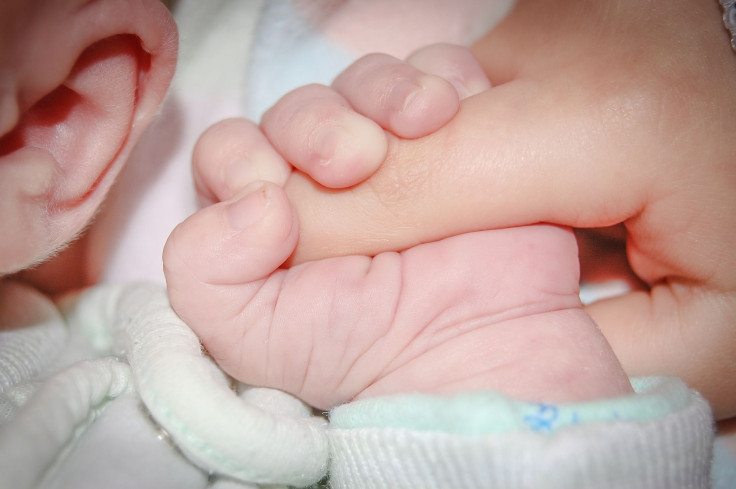Does A Man’s Age Affect His Fertility? IVF Success Lower For Young Women Who Conceive With Older Men

You may have learned that men, unlike women, have no limit to their fertility, and can continue to father children well into old age, but recent discoveries have shown that male fertility isn't so simple. New research suggests that a man’s age can affect his chances of successfully fertilizing an egg via IVF, and that women with older male partners have a lower chance of conceiving a child.
New research has revealed that the success of IVF weighs heavily on both the age of the mother and the father. The report found that a 35-year-old woman has more success conceiving with a man under 30 than she does with a man her same age, The BBC reported. Although this news is enlightening, the report concluded that the age of the woman was still far more important for fertilization success than the age of her male partner.
Read: The Truth About Male Fertility: Biological And Environmental Factors Behind Making Sperm Swim
Results revealed that male fertility starts to waver in his mid- to late thirties, and the chances of a man between the ages of 40-42 conceiving a child with a woman under 30 was 46 percent lower than that of a man aged 30-35 with a female of the same age. The study is based on the results of an analysis of nearly 19,000 IVF cycles and was presented this week at a meeting of the European Society of Human Reproduction and Embryology in Switzerland.
"While the effect of female age on fertility is overwhelmingly due to increased rates of chromosomal abnormality, the proposed mechanism in the effect of male age on pregnancy are more subtle, explained lead study researcher Laura Dodge, Sciencealert reported.
For example, a woman is born with a set amount of eggs, and as she ages, her egg supply plummets, and the condition of the eggs that remain starts to deteriorate. However, scientists are still not sure why age would reduce the condition of a man’s sperm, seeing as he makes a new and continuous supply of the sex cells throughout his life. However, the team suggest that men can make-up for this drop in fertility as they age by maintaining a healthy weight, exercising, and not smoking.
"In the absence of clear evidence of the mechanism, the best pre-conception advice we can offer is to maintain a healthy lifestyle," added Dodge.
In addition, it’s important to understand that the findings of this study have not yet been peer-reviewed, and lowered fertility does not mean infertility. These results merely suggest that we take both male and female age into consideration when measuring conception odds. Still, as in the words of "Jurassic Park’s" famous Dr. Ian Malcolm, “Life... finds a way.”
See Also:
Male Infertility More Common In Overweight Men; Low Sperm Count Part Of Overall Poor Semen Quality
Causes Of Male Infertility: Going To Bed After Midnight Harms Healthy Sperm Via Anti-Sperm Antibody



























